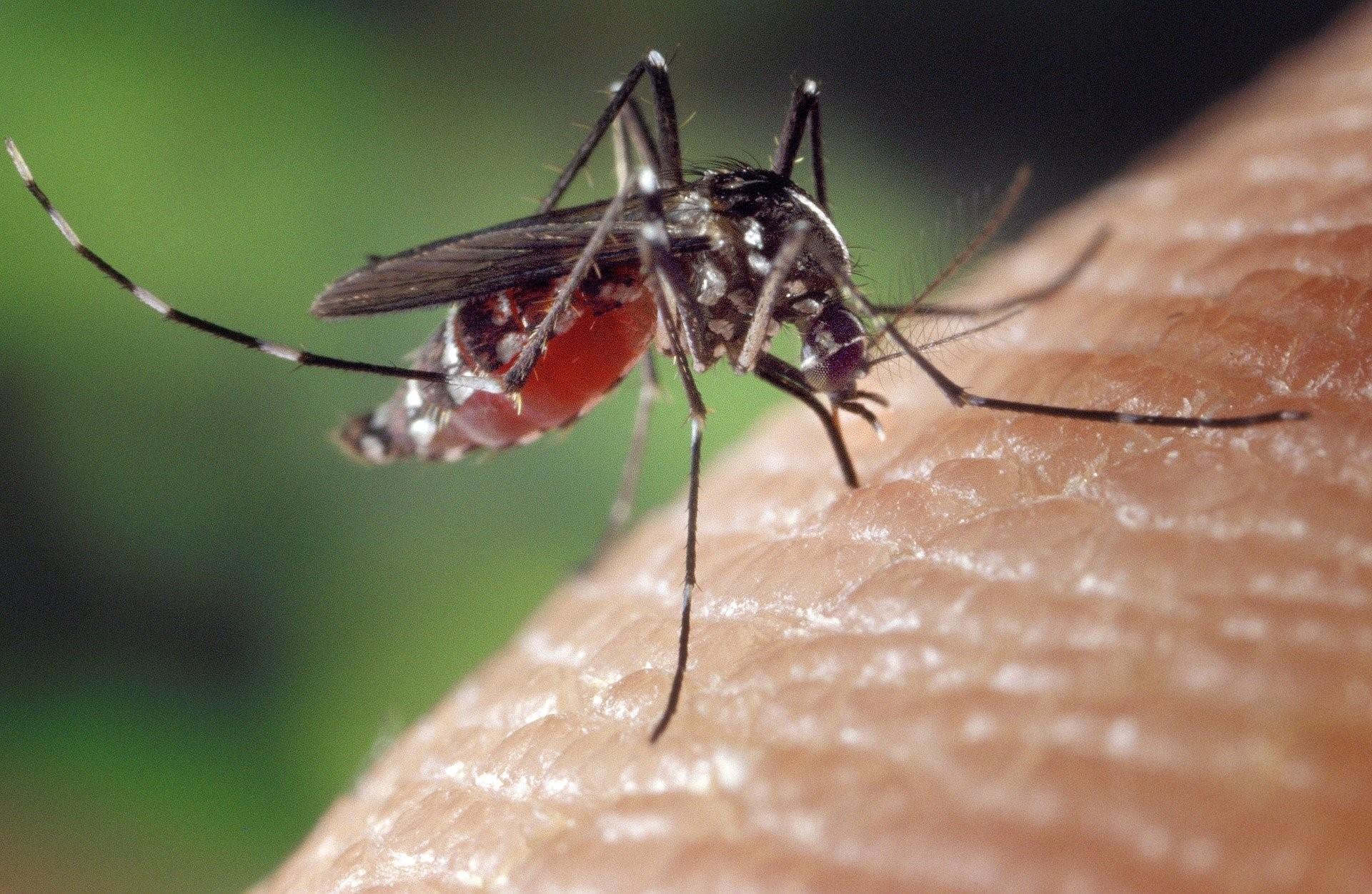Inhibition of translation initiation by protein 169: a vaccinia virus strategy to suppress innate and adaptive immunity and alter virus virulence
Vaccinia virus (VACV) is the prototypic orthopoxvirus and the vaccine used to eradicate smallpox. Here we show that VACV strain Western Reserve protein 169 is a cytoplasmic polypeptide expressed early during infection that is excluded from virus factories and inhibits the initiation of cap-dependent and cap-independent translation. Ectopic expression of protein 169 causes the accumulation of 80S ribosomes, a reduction of polysomes, and inhibition of protein expression deriving from activation of multiple innate immune signaling pathways. A virus lacking 169 (vΔ169) replicates and spreads normally in cell culture but is more virulent than parental and revertant control viruses in intranasal and intradermal murine models of infection. Intranasal infection by vΔ169 caused increased pro-inflammatory cytokines and chemokines, infiltration of pulmonary leukocytes, and lung weight. These alterations in innate immunity resulted in a stronger CD8+ T-cell memory response and better protection against virus challenge. This work illustrates how inhibition of host protein synthesis can be a strategy for virus suppression of innate and adaptive immunity.
